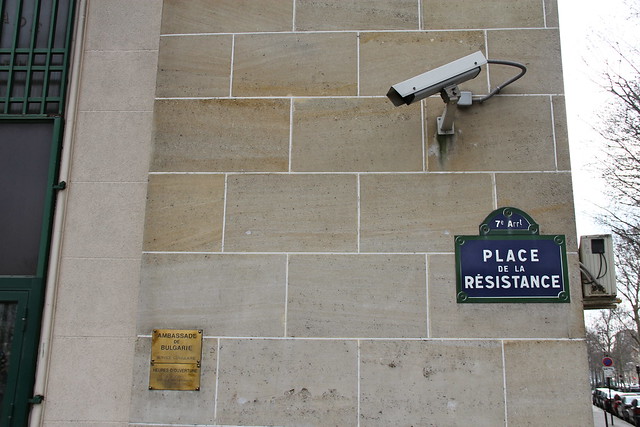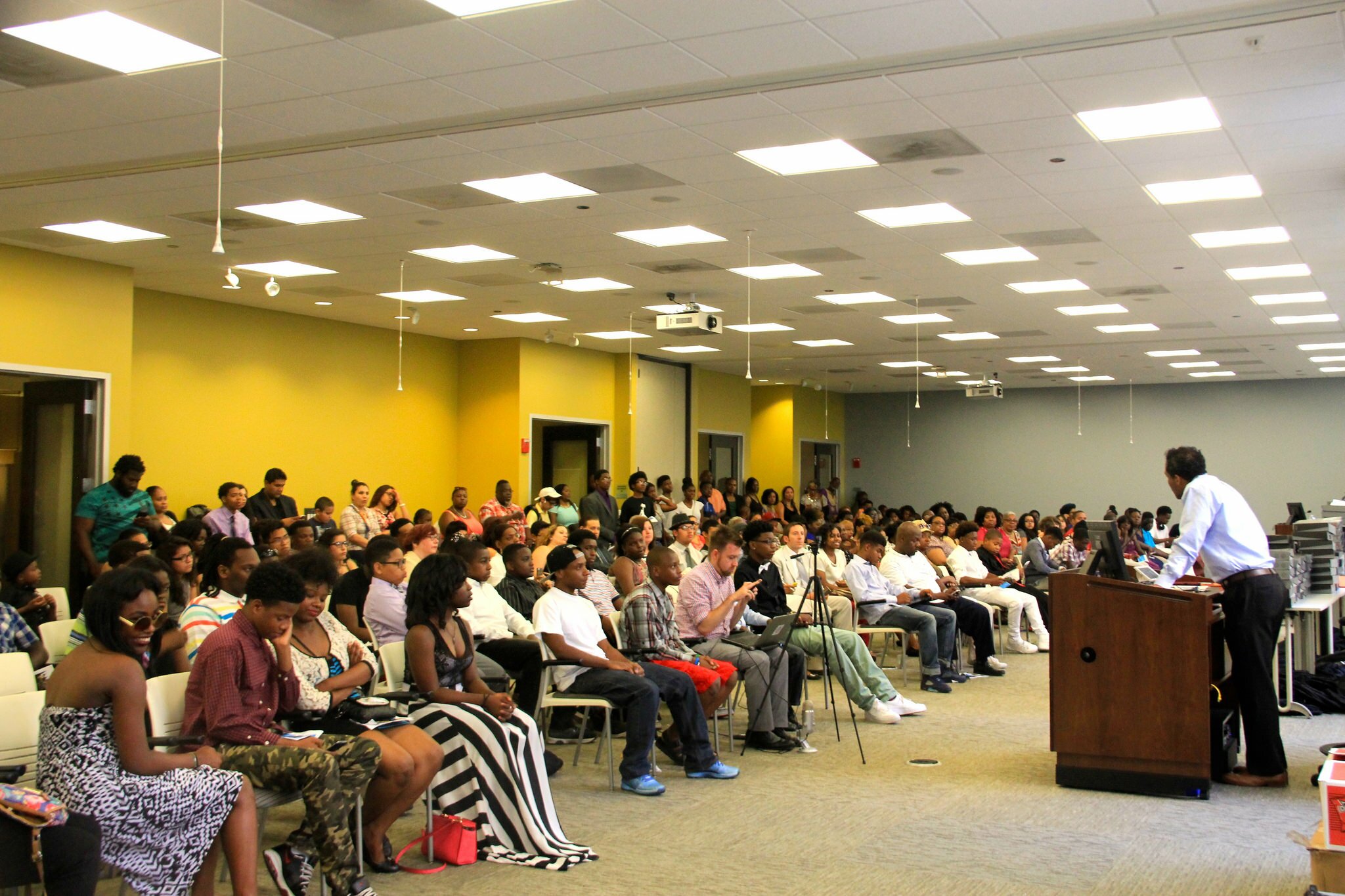Over there weekend, there were at least three news stories have referenced super-specific figures on speed cameras as released by the City of Chicago, but none of them linked to the source of the data. I read these stories, and marveled and the incredibly specific information they’ve pulled from what seems to be a specific document, but couldn’t for the life of me find the document to which they are referring.

This is another example of a weird aspect of the still-nascent civic data movement. More and more reporters are more and more comfortable reviewing data and embedding it into their stories. Governments are more and more sophisticated at compiling and publishing data, in myriad forms and locations. Developers are making more and more apps with this data.
But there is still a lack of fluidity among all of us in sharing the data that we’re able to pull out of our government. Residents (or “readers”, as news outlets call them, or “users”, as developers call them) need to be more comfortable with this stuff, too. We have to approach some level of ubiquity in order to start really using data to solve our common problems.

It ends up that Alex Keefe, the intrepid WBEZ political reporter, was the person who got this data from the City, and he filed this important story, noting some deep detail:
Chicago speed cameras catch 234K leadfoots in opening weeks
Kubly said the program is already having “amazing” success: Speed cameras photographed 7,397 violations on Sept. 10, the first day all nine cameras were up and running. By Oct. 3, violations had already fallen to 3,833.
Then the two daily newspapers picked up on the story, and pulled out their own details:
Emanuel speed cameras may bring in more revenue than expected
In 45 days, nine cameras near four city parks would have generated $13.3 million in fines, based on the 222,843 warning violations the city said it issued during that time period. That total, projected over an entire year for those four locations, is more than $106 million.
In just five days this month, four additional cameras near three other city parks would have issued $535,9555 in fines, based on 10,412 violations logged at those locations.
Cameras catch 204,743 speeding in first 40 days
In just 40 days, the cameras nabbed 204,743 speeders. They include 77,939 motorists caught traveling at least 11 mph over the speed limit and 126,804 more going between 6 and 10 mph too fast. If $35 and $100 tickets had been issued instead of warning notices, the city’s take would have been $12.2 million.
More than 200 motorists were clocked at more than 60 mph, twice the legal limit. Ten drivers were traveling at speeds exceeding 80 mph. One motorist was going 90 mph.
All of these stories used data to shine light on an important aspect of civic life, and that’s important. We partner with WBEZ under our Civic Works project to widen the sphere of those who are fluent with data and use it to solve common problems. We’re really stoked to see so much progress, and we’re excited to keep moving that work forward.
Here’s the original data as obtained by Alex Keefe, which was posted to the original article. Awesome work!






